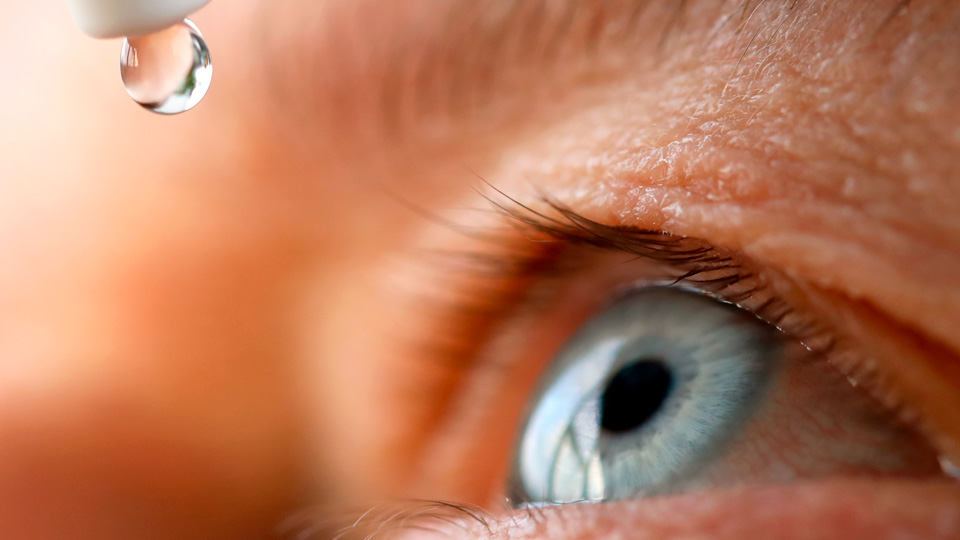All about the skin around the eyes and “drooping” eyelids
04/04/2025

07/05/2021
Dry eye syndrome is a classic term that has been used in daily life to refer to tear dysfunction. It encompasses pathologies involving poor lubrication of the eyes, in general, due to a lack of tears or poor quality tears.
The first type (lack of tears) can be associated with autoimmune diseases, such as rheumatoid arthritis, lupus erythematosus, Sjogren's syndrome, etc.
The second type (poor quality tears) is the most common in the population and can be associated with different causes such as old age, the menopause, blepharitis (eyelid margin inflammation), screen overuse, medication, hormones, contact lens overuse, skin-related problems such as rosacea, atopy and systemic illnesses, such as diabetes.
The most common symptoms are itching, burning, foreign body sensation, tired eyes, red eyes after visual strain, fluctuating vision, stinging, watery eyes in cold weather, wind or low ambient humidity, photophobia (aversion to strong lights), contact lens intolerance or eyelid spasms. In some cases, eyelashes falling out or recurring sties indicate inflammation or an infection of the eyelid margin, called blepharitis.
A good diagnosis by a specialist ophthalmologist is particularly important, as in some cases the use of artificial tears is not enough to alleviate symptoms that can be irritating and even affect the professional quality of life of some patients. Changes in the treatment of dry eye have meant that the large majority of people affected can lead a normal life.
En verano solemos exponer nuestros ojos a una gran cantidad de riesgos como los rayos nocivos del sol, el contacto con el agua y la práctica de algunos deportes que requieren una protección ocular adecuada. El doctor Andrés Picó te ofrece las pautas para disfrutar de las vacaciones con garantías para tus ojos.